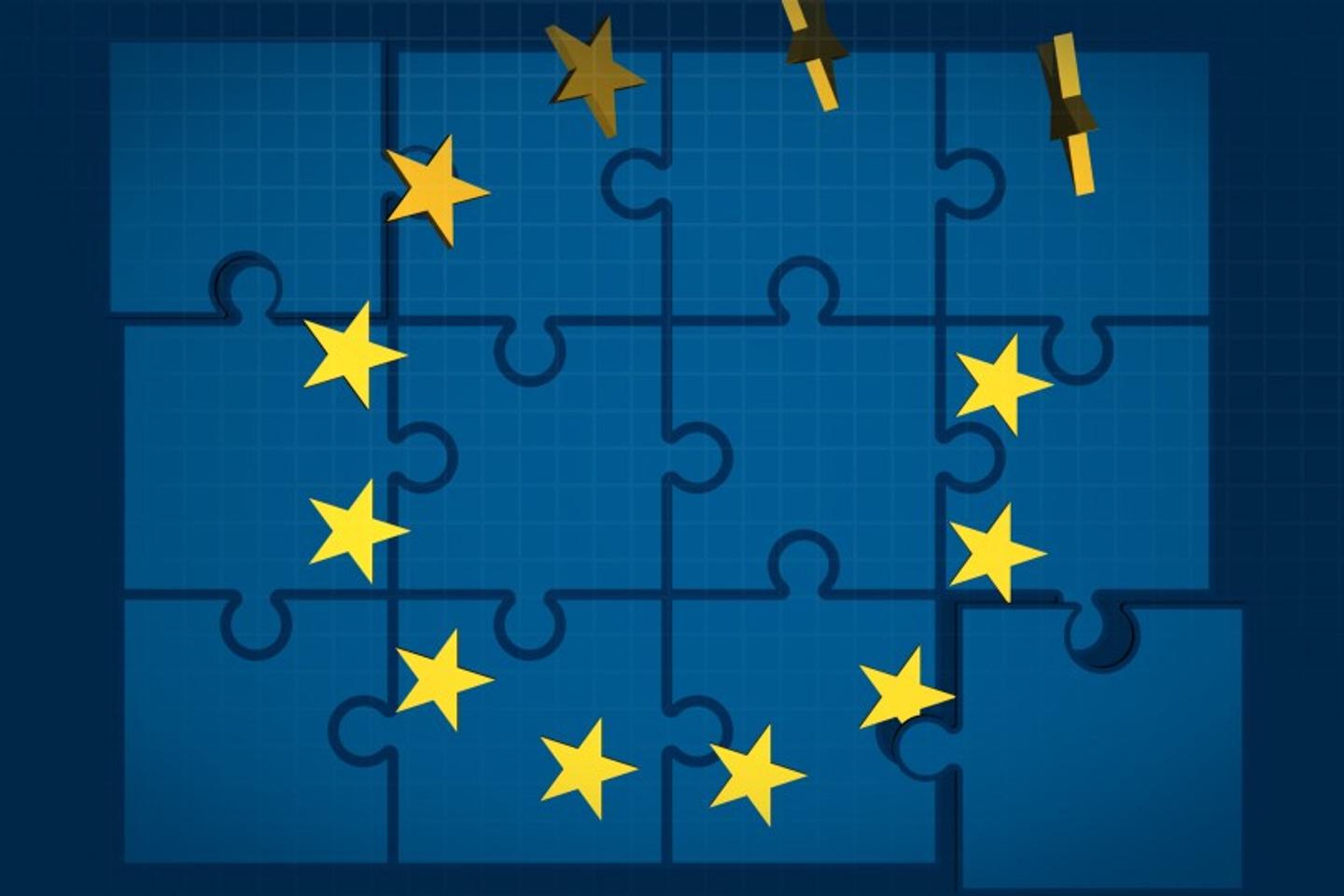


It was 1950. Five years earlier, World War II had ended and Nazi Germany had been defeated. But one pressing question remained: How could such a war be prevented from ever happening again? Jean Monnet, France's general commissioner for planning – responsible for the country's economic strategy – put forward a simple idea that would eventually become the world's largest single market.
His idea was to combine the coal and steel production of Germany and France. Monnet believed that placing these industries under a supranational authority would make another war between the two countries materially impossible. Furthermore, joining forces would also make them stronger on the world market, at a time when much of Europe needed to be rebuilt.
He shared his idea with Robert Schuman, the French foreign minister. Over the next 43 years, through a series of declarations and treaties, the European Coal and Steel Community (ECSC), the European Economic Community, and eventually the European Union came into being. In our three-minute video, Le Monde takes a look back at the birth of this economic institution, which for many has become a political ideal.
